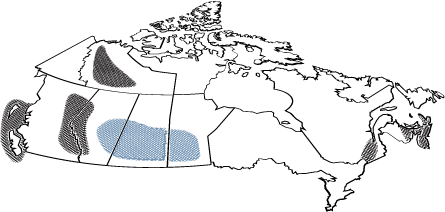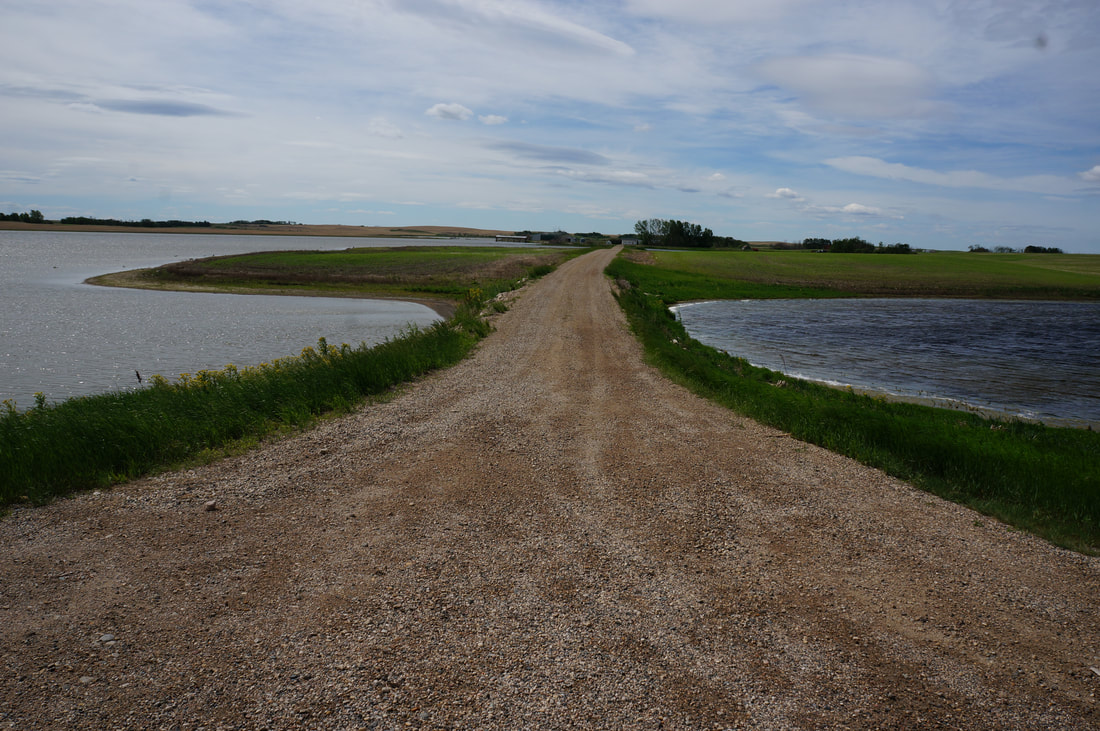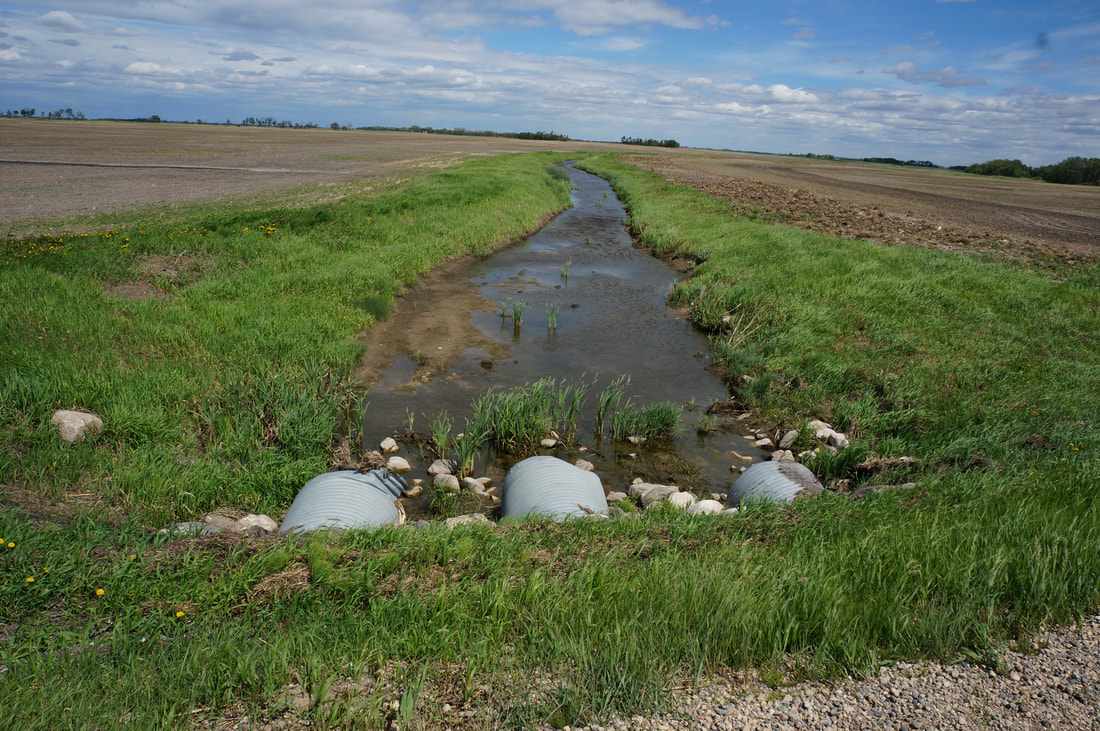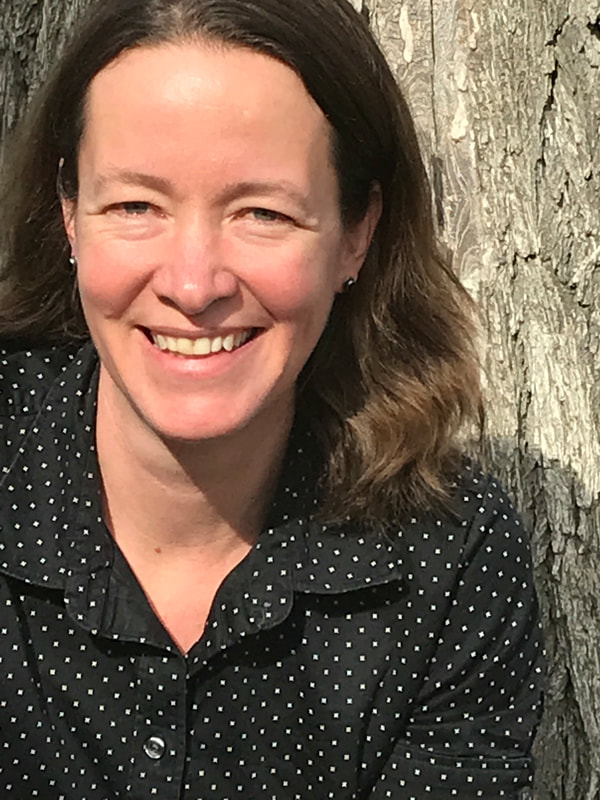LANDSCAPE OVERVIEW
|
Canada’s prairie landscapes (i.e., Saskatchewan, Alberta, Manitoba), are home to verdant wetlands, lucrative and expanding agriculture, multiple First Nations, and growing urban centres. For example, the prairies are hugely important to Canadian agriculture, and indeed Canada is the world’s fifth largest exporter of agriculture and agri-food products. Likewise, prairie landscapes are also essential habitat to numerous migratory birds, mammals, and aquatic species, and over the last half century. a significant portion of this habitat has been converted, through land use change, from wetlands to agricultural and residential lands. As such, landowners, agricultural producers, conservationists, and water resource management agencies face diverse and often conflicting set of values and priorities for landscape management in the prairies.
|
CHALLENGES FACING WETLANDS AND AGRICULTURE IN PRAIRIE LANDSCAPES
|
|
|
RESEARCH OBJECTIVES
EXPECTED OUTCOMES
|
FOR RESEARCH QUESTIONS, PLEASE CONTACT:
Philip Loring
[email protected] - 519-824-4120 - www.conservationofchange.org - twitter:@conservechange
Philip Loring
[email protected] - 519-824-4120 - www.conservationofchange.org - twitter:@conservechange
LANDSCAPE 3 TEAM LEADS
LANDSCAPE 3 TEAM LEADS
PARTNER ORGANIZATIONS
FEATURED PUBLICATIONS
Coming Soon!
In the meantime, check out our Zotero library.


















